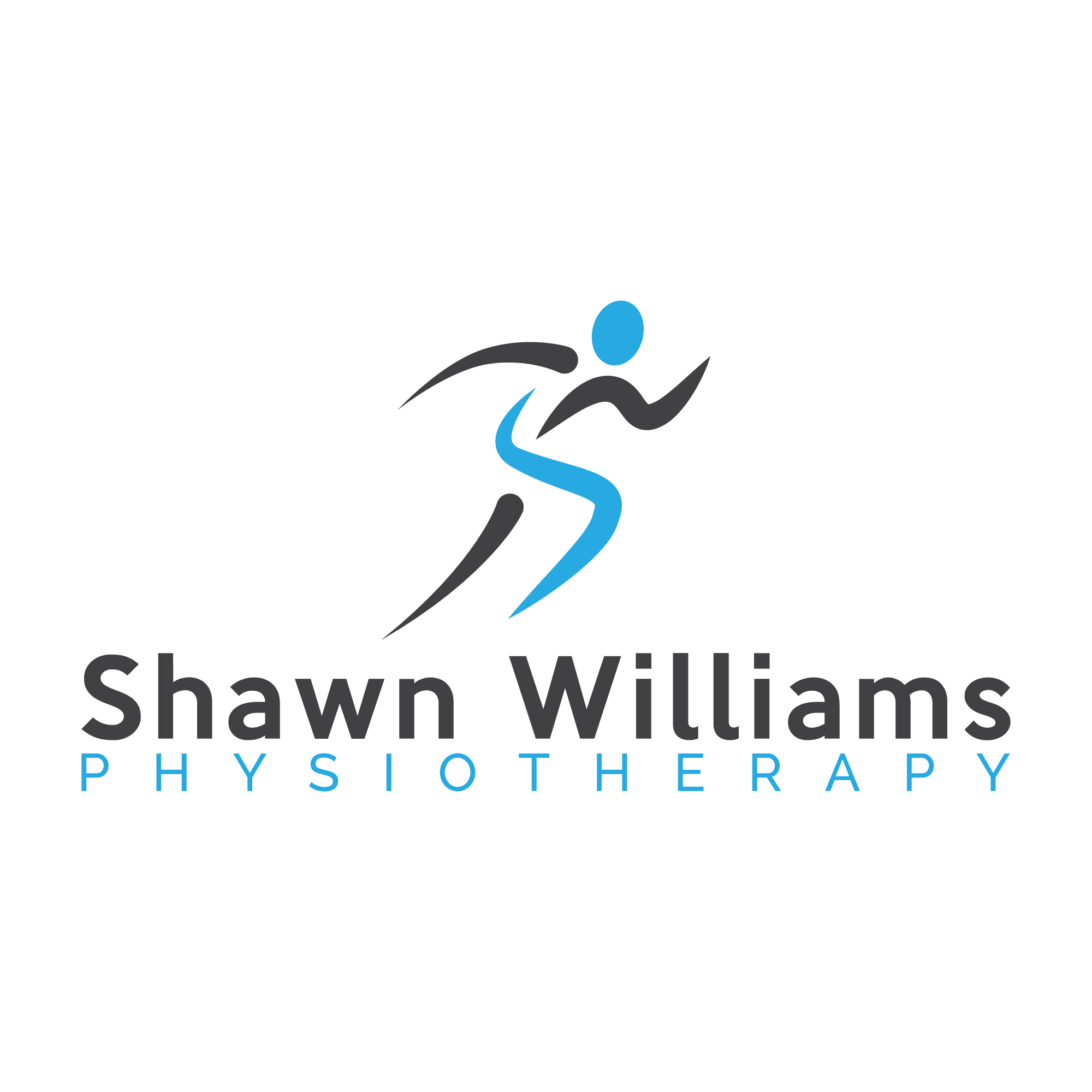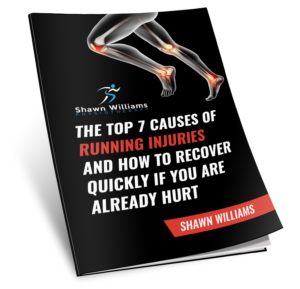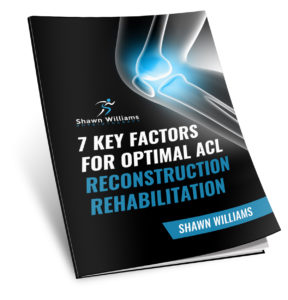Temporomandibular Joint (TMJ) dysfunction or pain is a common yet often overlooked condition that affects the jaw joint and surrounding muscles. It can cause pain, difficulty in jaw movement, headaches, and even ear-related symptoms. Shawn Williams a physiotherapist in Toronto understands how TMJ dysfunction can impact daily life, and offers manual therapy, dry needling and exercise therapy to help with TMJ disorders.
Understanding TMJ Dysfunction
The temporomandibular joint connects the jawbone to the skull and plays a crucial role in speaking, chewing, and yawning. TMJ dysfunction occurs when this joint is misaligned, overused, or inflamed. Common causes include:
- Poor posture
- Teeth grinding (bruxism)
- Stress and tension
- Jaw misalignment
- Trauma or injury to the jaw
Shawn Williams Physiotherapy in Toronto Can Help
Physiotherapy offers a non-invasive,non- medication effective approach to managing and treating TMJ dysfunction. Here’s how:
1. Manual Therapy
Shawn Williams is an FCAMPT physiotherapist who is trained in highly skilled manual therapy techniques. Shawn uses hands-on techniques, such as manual therapy and soft tissue massage, to relieve tension in the jaw and surrounding muscles. These methods help reduce muscle tone, improve blood circulation and reduce inflammation. Manual Therapy treatments will often focus on the TMJ, neck and upper back in order to be the most effective.
2. Dry Needling
Shawn is also trained in dry needling, which can be very effective to help reduce tone in the muscles of the TMJ and neck which help to reduce pain and improve range of motion and jaw coordination.
3. Postural Corrections
Poor posture, especially forward head posture, can contribute to TMJ dysfunction. Sometimes by just working on posture the neck and upper back TMJ disorders can be helped significantly. Shawn will provide exercises and ergonomic advice to help correct posture, reducing strain on the jaw and neck muscles.
4. Jaw Mobilization and Stretching Exercises
Targeted stretching and strengthening exercises improve jaw mobility, decrease stiffness, and enhance muscle coordination. These exercises help restore natural jaw movement and prevent future flare-ups.
5. Stress Management and Relaxation Techniques
Since stress and tension can exacerbate TMJ symptoms, physiotherapy may include relaxation techniques and breathing exercises to reduce jaw clenching and improve overall well-being.
6. Education and Self-Management Strategies
Understanding the triggers and habits that worsen TMJ dysfunction is crucial for long-term relief. Physiotherapists provide guidance on lifestyle modifications, dietary adjustments, and self-massage techniques to manage symptoms effectively at home.
Seeking Physiotherapy for TMJ Dysfunction in Toronto
If you are in Toronto and are experiencing jaw pain, clicking, or discomfort, physiotherapy can be a safe and effective way to find relief. However, it is important to find a physiotherapist that has training and experience in TMJ disorders. At Shawn Williams Physiotherapy, we take a holistic approach to TMJ treatment, ensuring that each patient receives personalized care tailored to their specific needs.
Book a FREE phone consultation with us today and take the first step toward a pain-free, healthier jaw!




